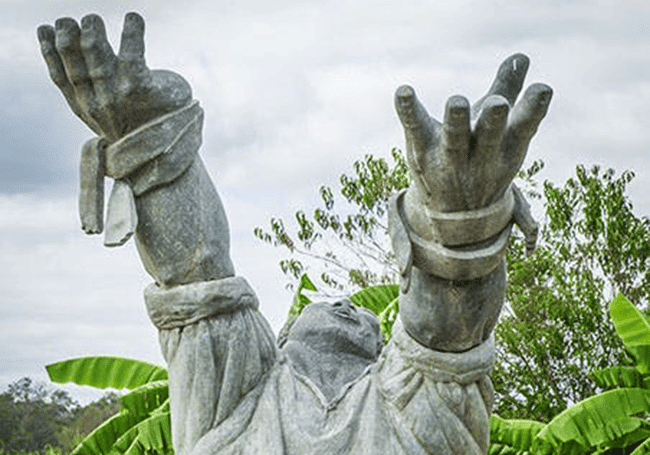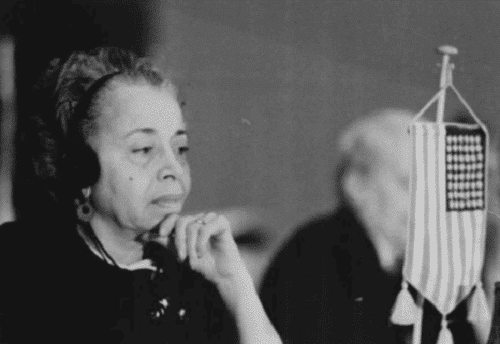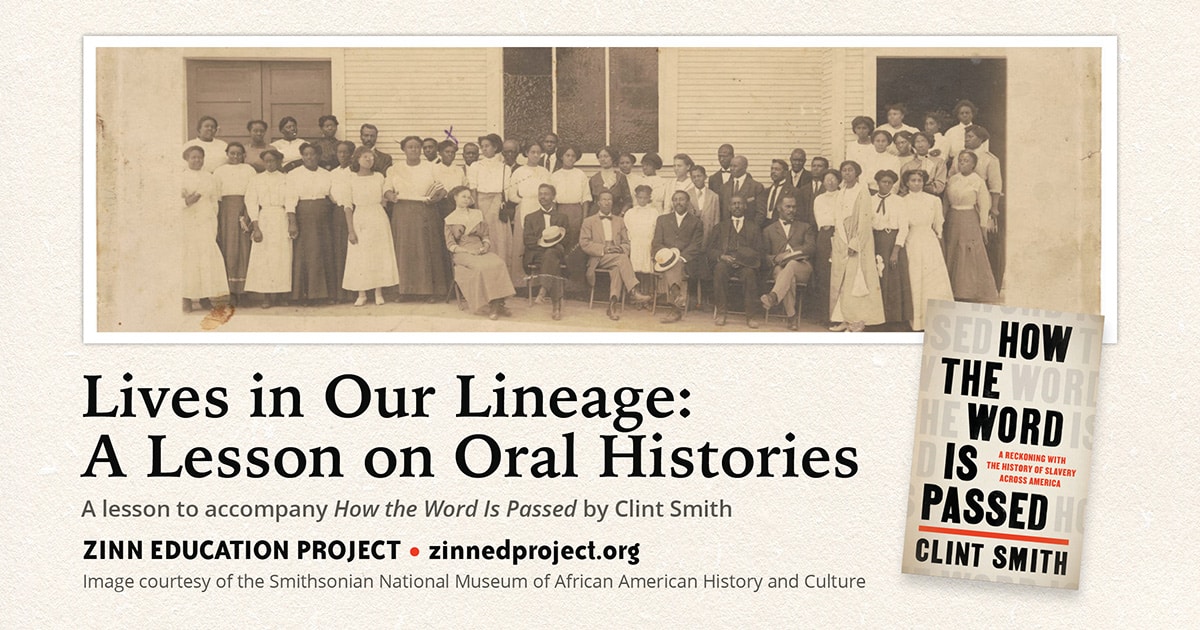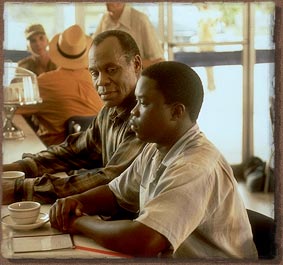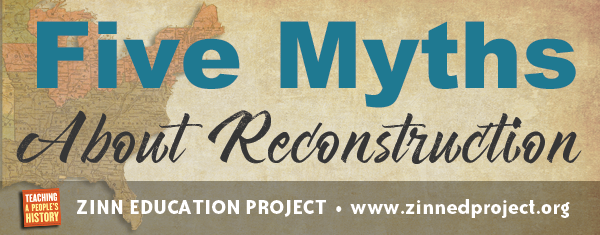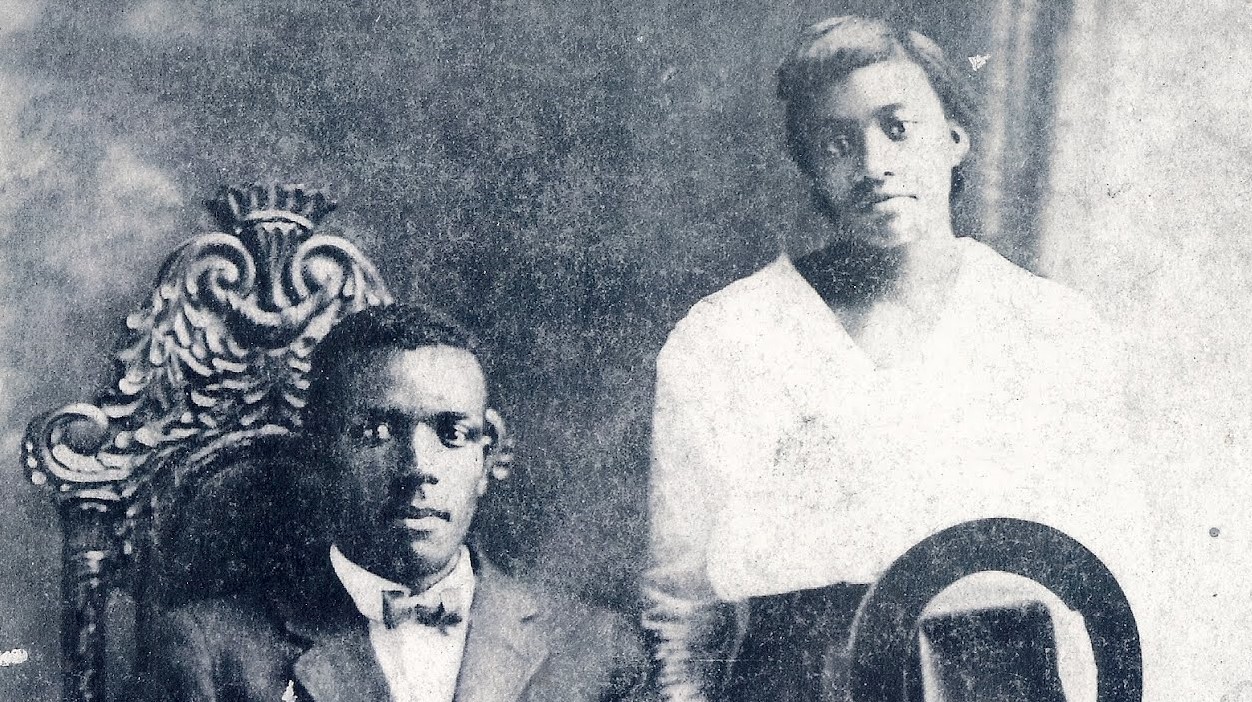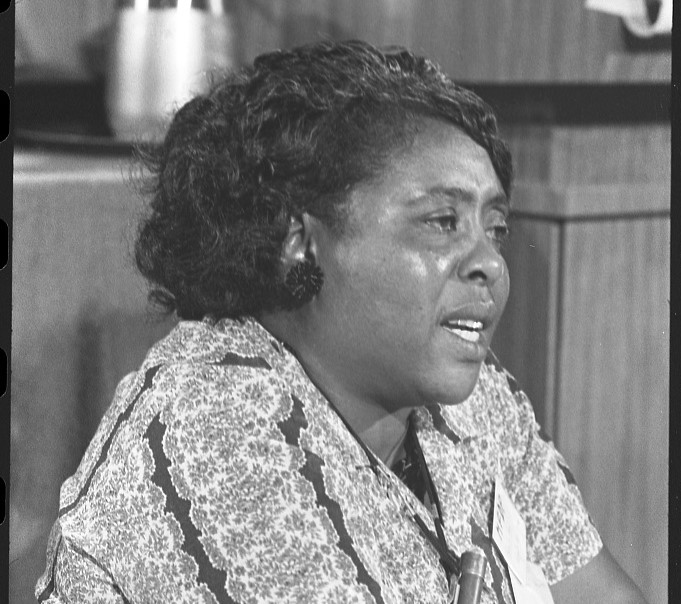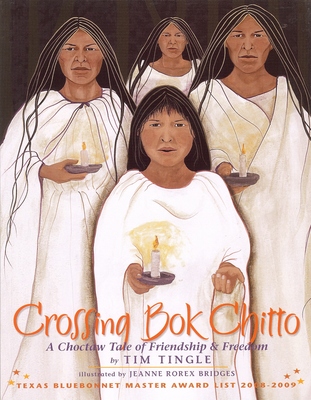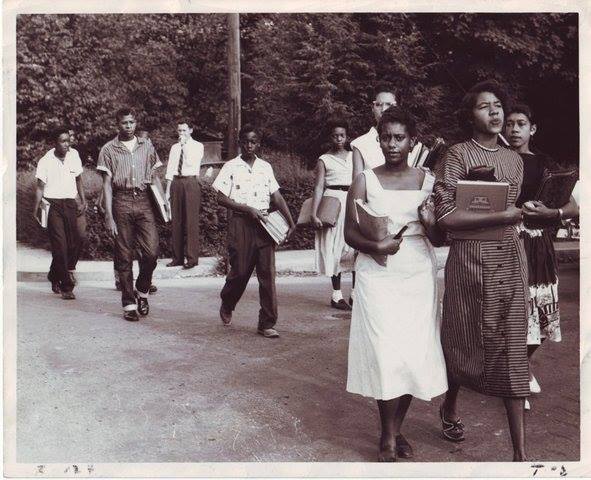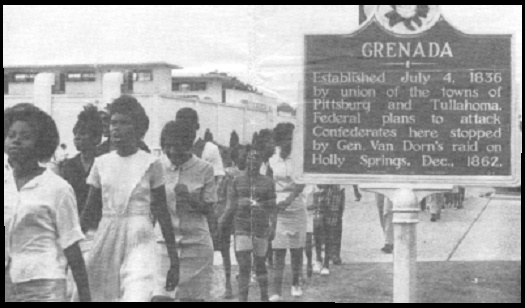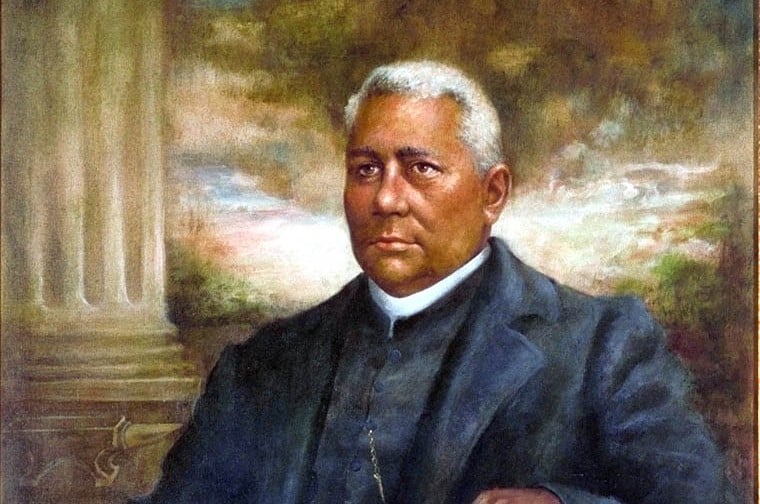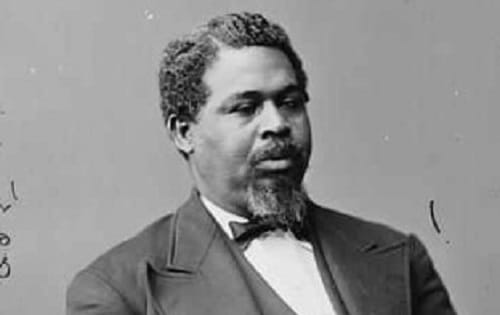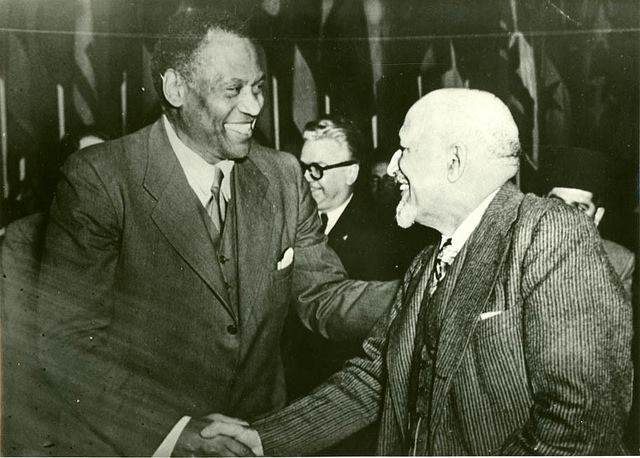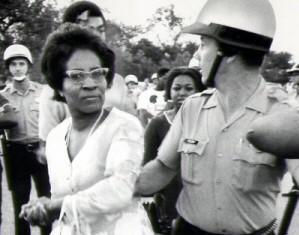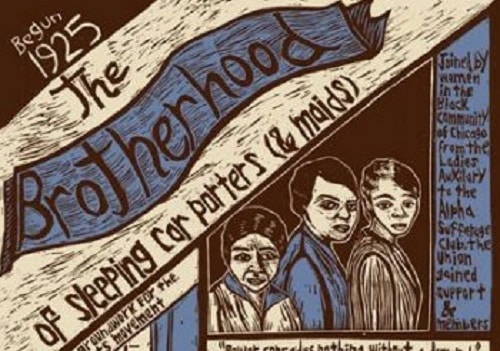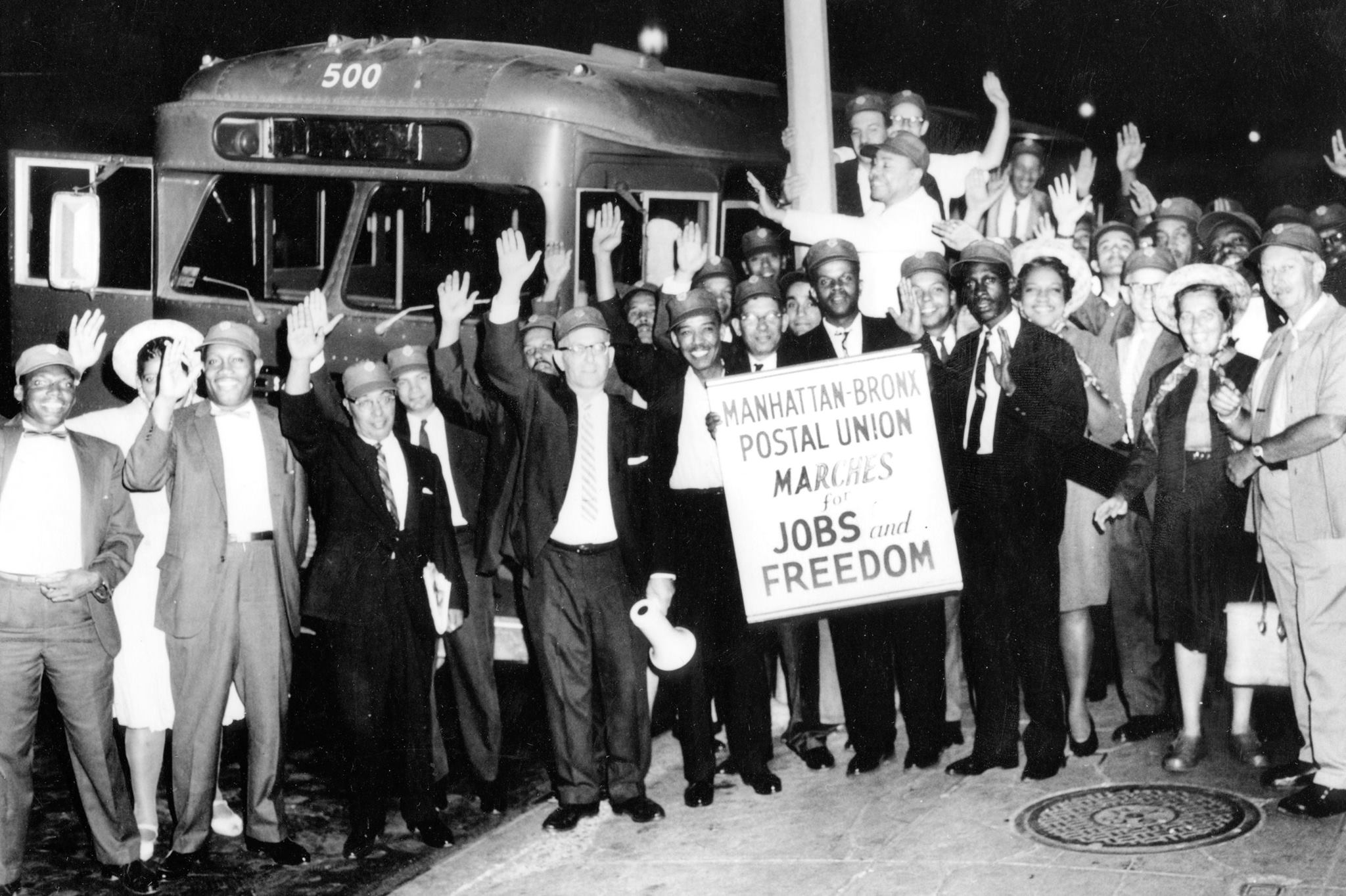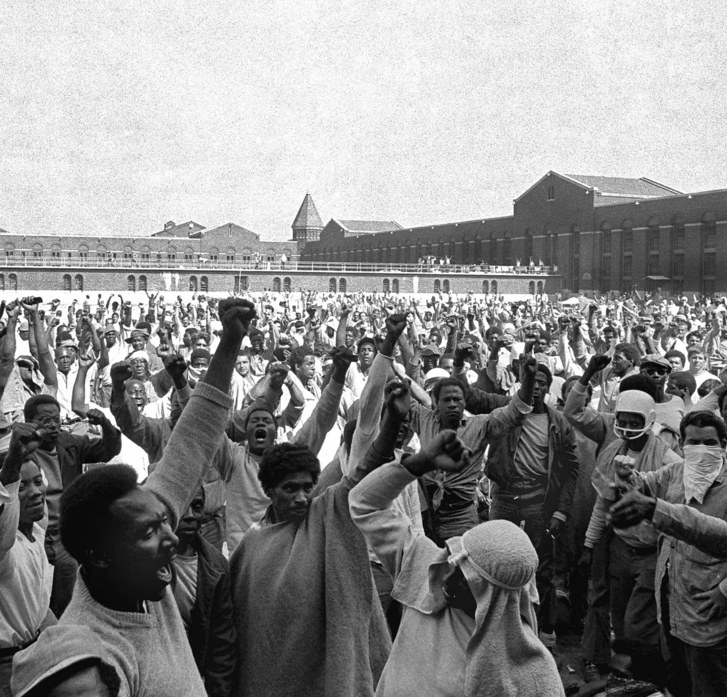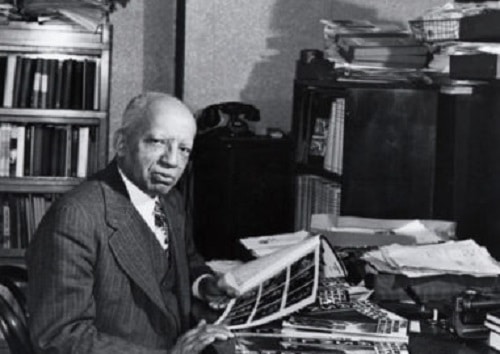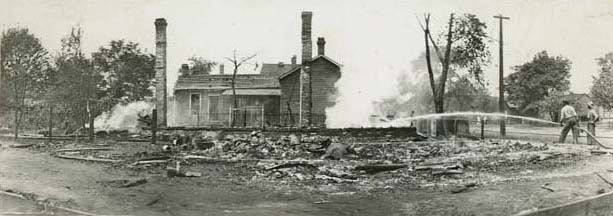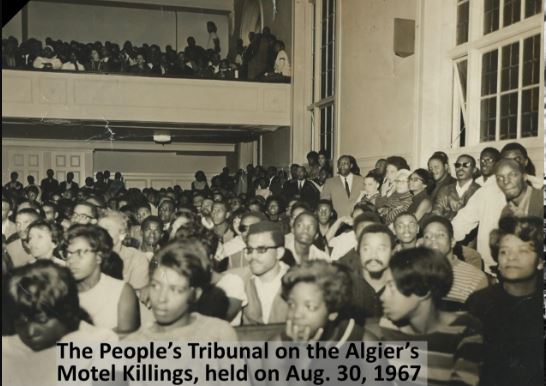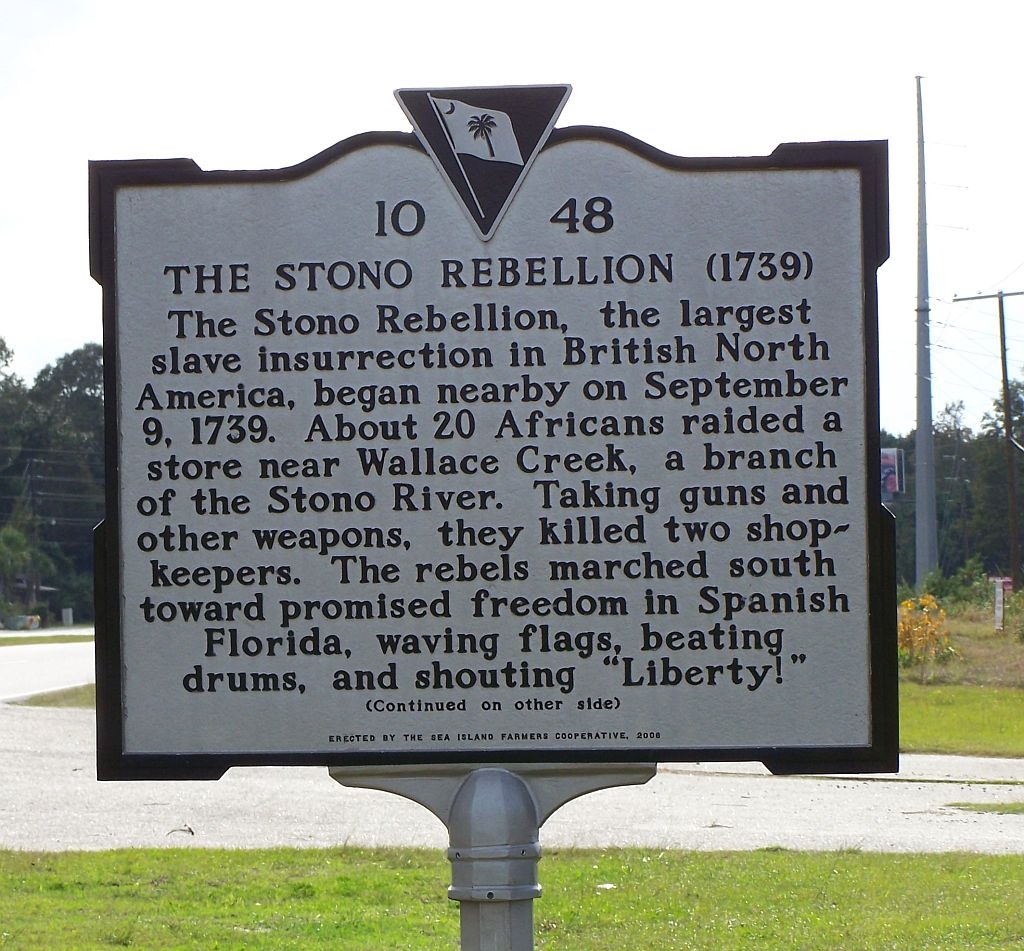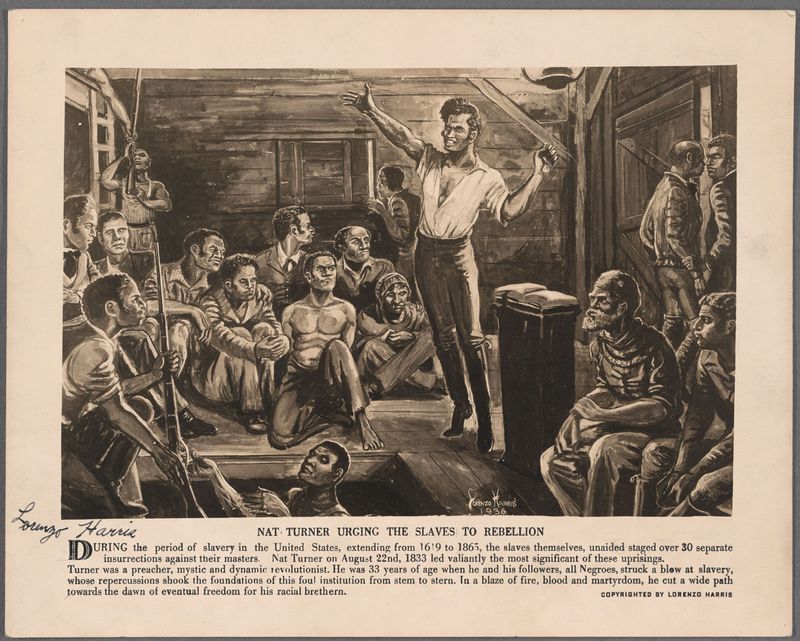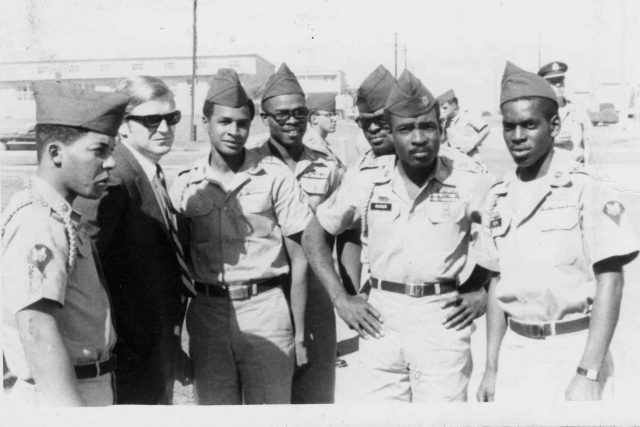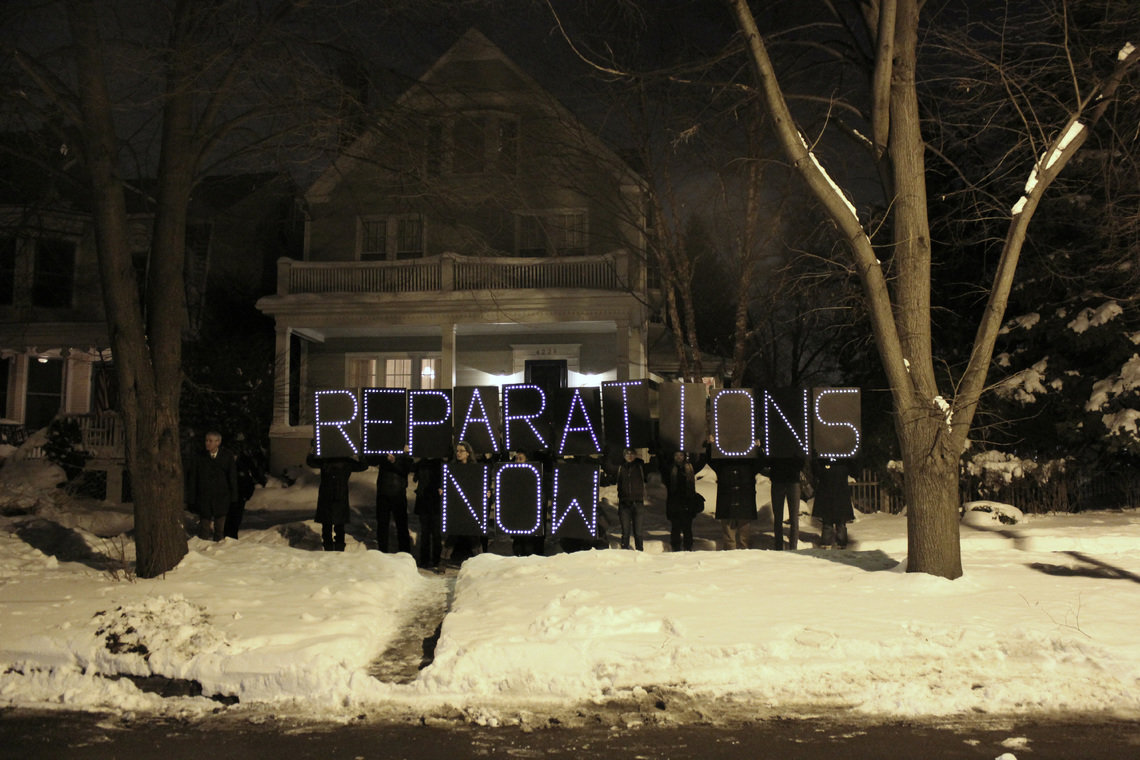Teaching Activity. By Bill Bigelow, Jesse Hagopian, Cierra Kaler-Jones, Ana Rosado, and Ursula Wolfe-Rocca.
Students read about sites of memory in How the Word Is Passed and imagine how to commemorate what occurred there. They then compare that to how the respective site is currently commemorated and described by docents.
Continue reading
A decade before the March on Washington, a group of Black women known as the Sojourners for Truth and Justice gathered in Washington D.C. to advocate for their rights.
Continue reading
Teaching Activity. By Cierra Kaler-Jones.
In this lesson, students use key excerpts from How the Word Is Passed by Clint Smith as inspiration for a project where they tell their and their loved ones’ stories.
Continue reading
Film. By Phil Alden Robinson. 2006. 117 minutes.
Based on the actual history of the Student Nonviolent Coordinating Committee (SNCC), student activism, and voter registration in McComb, Mississippi, during the Civil Rights Movement.
Continue reading
Article. By James W. Loewen. 2015.
Overview of five common fallacies that Americans still tell themselves about the Reconstruction era.
Continue reading
Lamar Smith, 63-year-old farmer and WWI veteran, was shot dead in Brookhaven, Mississippi, for urging African Americans to vote.
Continue reading
Mrs. Fannie Lou Hamer, and the other members of the MFDP at the Democratic National Convention, questioned the nation about the lack of “one person, one vote” in the United States.
Continue reading
Picture book. By Tim Tingle. 2008. 40 pages.
A picture book that highlights rarely discussed intersections between Native Americans in the South and African Americans in bondage.
Continue reading
The White Citizens Council and Ku Klux Klan launched full-scale rioting in Clinton, Tennessee in response to school desegregation.
Continue reading
The Grenada, Mississippi school board shuttered school instead of opening its doors to registered Black students.
Continue reading
Henry McNeal Turner addressed the Georgia Legislature on its decision to expel all Black representatives.
Continue reading
The South Carolina Constitutional Convention convened to disenfranchise Black voters.
Continue reading
Paul Robeson lost his court appeal to have the U.S. State Department grant him a passport.
Continue reading
Clara Luper and the NAACP Youth Council began sit-ins to desegregate lunch counters.
Continue reading
The Brotherhood of Sleeping Car Porters was launched in New York.
Continue reading
Hundreds of thousands of civil rights activists marched on Washington for Jobs and Freedom.
Continue reading
The Attica Prison Uprising began when prisoners took control of part of the prison in Upstate New York.
Continue reading
ASALH was established by Carter G. Woodson and Jesse E. Moorland.
Continue reading
This massacre was committed against African Americans by a mob of about 5,000 white people in Springfield, Illinois.
Continue reading
People’s Tribunal on killing of three young men at Algiers Motel in Detroit.
Continue reading
Nathaniel Turner launched one of the most historic revolts to end enslavement.
Continue reading
When the “Fort Hood 43” refused to board a plane to Chicago for riot-control duty against fellow African Americans, their non-violent act became one of the largest demonstrations of dissent in U.S. military history.
Continue reading
Teaching Activity. By Ursula Wolfe-Rocca, Alex Stegner, Chris Buehler, Angela DiPasquale, and Tom McKenna.
Students meet dozens of advocates and recipients of reparations from a variety of historical eras to grapple with the possibility of reparations now and in the future.
Continue reading
White mobs in Cincinnati, Ohio, rioted for a week, assaulting the city’s Black residents and destroying their property .
Continue reading

